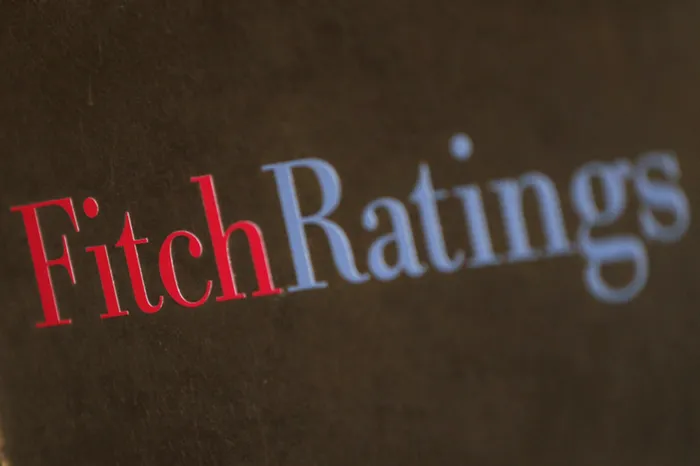Fitch follows S&P, downgrades SA

Picture: Alessandro Garofalo Picture: Alessandro Garofalo
Johannesburg
– The second of the big three international ratings agencies has moved, with
Fitch downgrading SA to junk.
This
follows S&P’s move on Monday to drop SA to junk status. Fitch’s move means
that now only Moody’s call is outstanding. Moody’s, which has SA two notches
above junk, was set to make a call on Friday, but has now postponed this for as many as 90 days. Earlier this month, it put the
country on review for a possible downgrade.
A
credit rating at junk means that it will be more costly to borrow, and it will
also weigh on the rand, increasing the cost of imported items. It could also
see the South African Reserve Bank hiking the prime lending rate above 10.25
percent.
On
Friday, Fitch – giving SA a stable outlook – said recent political events,
including a Cabinet reshuffle, will weaken standards of governance and public
finances.
S&P
cited the Cabinet shuffle, which saw nine ministers including internationally
respected then Finance Minister Pravin Gordhan axed. Gordhan was replaced by
Malusi Gigaba, who was seconded from Home Affairs.
Fitch
says this shuffle is “likely to result in a change in the direction of economic
policy”.
“The
reshuffle partly reflected efforts by the out-going finance minister to improve
the governance of state-owned enterprises (SOEs). The reshuffle is likely to
undermine, if not reverse, progress in SOE governance, raising the risk that
SOE debt could migrate onto the government's balance sheet,” it says.
Post
S&P’s move, Gigaba said he was committed to working with all stakeholders
to boost economic growth and bring balance to the fiscus.
SA
grew at a mere 0.3 percent last year, and is expected to just break a percent
in gross domestic product (GDP) gains this year.
Fitch
also cites Eskom’s financial position, noting that a move into nuclear – which is
increasingly looking certain – will require more government guarantees, which
will weigh on SA’s monetary liabilities.
Read also: S&P drops Eskom to 'highly speculative'
“The
new finance minister has stated that he does not intend to change fiscal policy
and remains committed to expenditure ceilings that have been a pillar of fiscal
consolidation. However, Fitch believes that following the government reshuffle,
fiscal consolidation will be less of a priority given the president's focus on ‘radical
socioeconomic transformation’.”
“This
means that renewed shortfalls in revenues, for example as a result of lower
than expected GDP growth, are less likely to be compensated by expenditure and
revenue measures. This could put upward pressure on general government debt.”
Government
debt was around 53 percent of gross domestic product at the end of March.
Fitch
adds the “tensions within the ANC will mean that political energy will be
absorbed by efforts to maintain party unity and fend off leadership challenges
and to placate rising social pressures for addressing inequality, poverty and
weak public service delivery. The [National] Treasury's ability to withstand
departmental demands for increased spending may also weaken.”
Fitch’s
rating comes on the same day that hundreds of thousands of South Africans are
marching across the country in a bid to have Zuma removed as President.